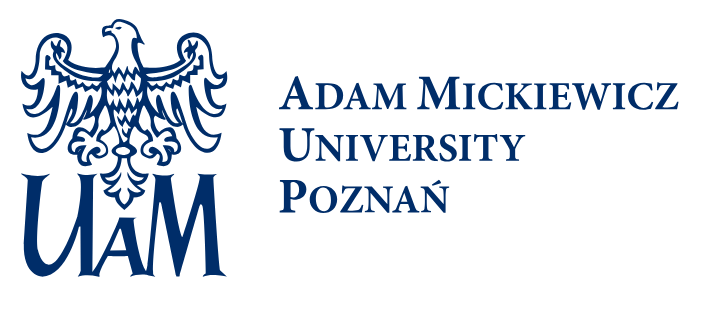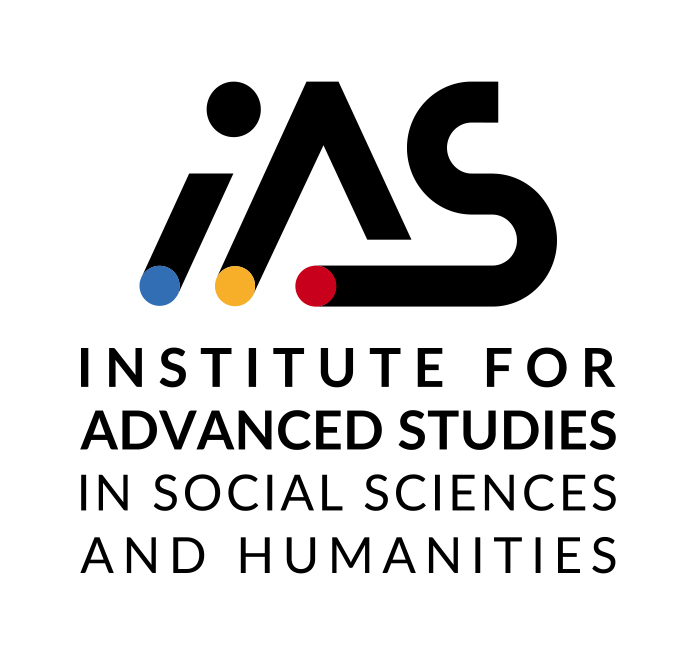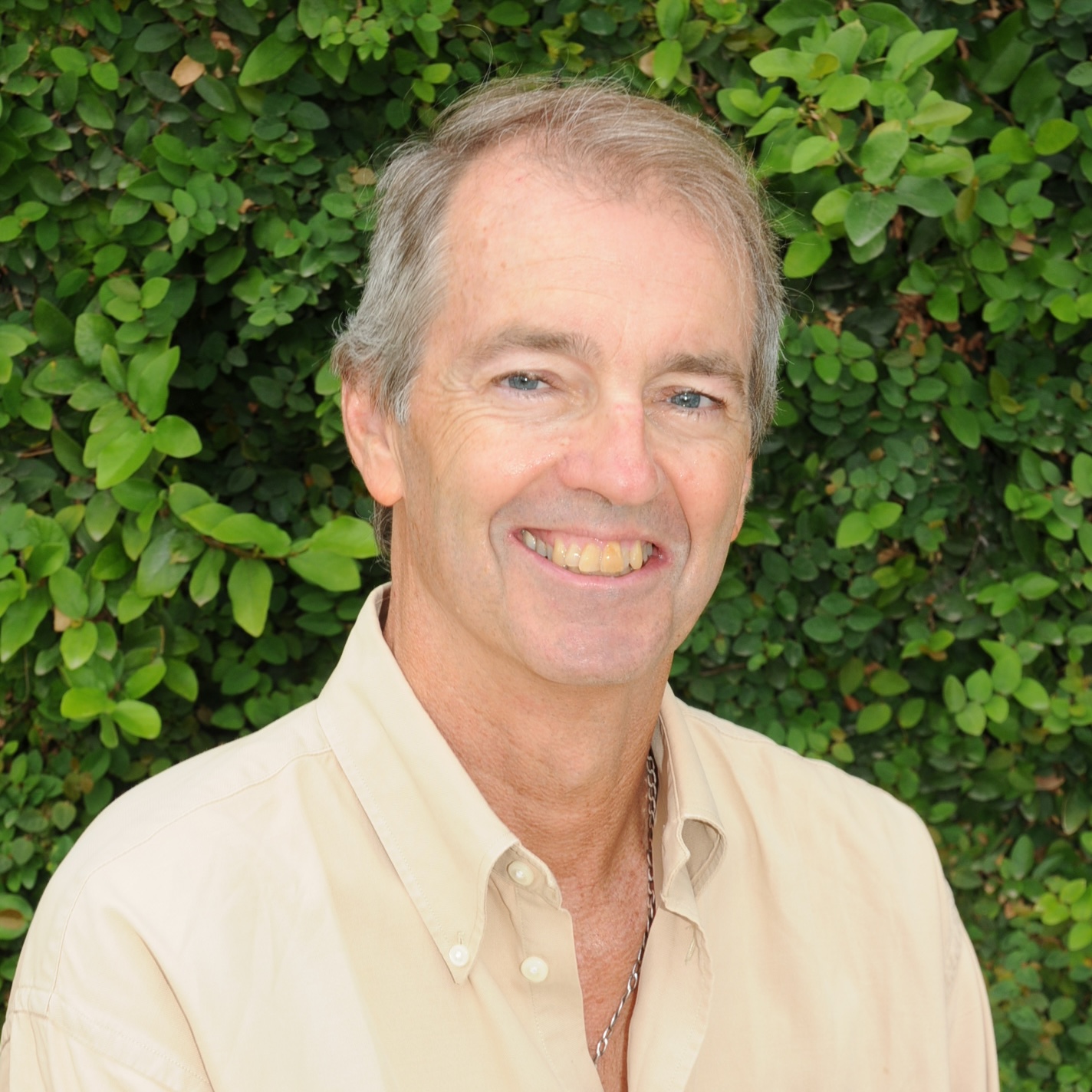
Gary Rhoades is a Full Professor of Higher Education at the University of Arizona’s Center for the Study of Higher Education, of which he was Director from 1997-2008, and 2012-2024. A former President (2004) of the Association for the Study of Higher Education, and former General Secretary (2009-2011) of the American Association of University Professors, Rhoades received his B.A., M.A., and PhD degrees from UCLA in Sociology. From 1981-1986 he was a postdoctoral research scholar in Burton R. Clark’s Comparative Higher Education Research Group at UCLA.
The focus of Rhoades’ research is on the restructuring of academic institutions in relation to states and markets and the restructuring of academic labor. Those lines of research define each of his books, (with Sheila Slaughter) Academic capitalism and the new economy: Markets, state, and higher education (Johns Hopkins University Press, 2004), Managed professionals: Unionized faculty and restructuring academic labor (State University of New York Press.1998), and Organizing professionals: Academic employees negotiating a new academy (Rutgers University Press, 2025).
Similar themes define his internationally focused publications, from his first such publication, with Guy Neave, The academic estate in Western Europe. (Guy Neave and Gary Rhoades) pp. 211-70 The academic profession: National, disciplinary, and institutional settings, edited by Burton R. Clark. (Berkeley, Los Angeles, London: University of California Press, 1987) to his most recent chapter, On and off track: Patterns and precautions from the U.S. to the EU. In Elias Pekkola & Taru Siekkinen (Eds.). Tenure tracks b European universities: Managing careers in academia. Edward Elgar publishing, 2024. Inbetween, he has published on such matters with international colleagues such as Simon Marginson, Barbara Sporn, Bjorn Stensaker, and Jussi Valimaa, among others. He has also studied university marketing to international students, Marketing to international students: Presentation of university self in geopolitical space. (with Castiello-Gutierrez, Santiago, Lee, Jenny J., Marei, Mahmoud Sayed, & O’Toole, Leslie C. The Review of Higher Education, 43(2), (2019), 519-552.
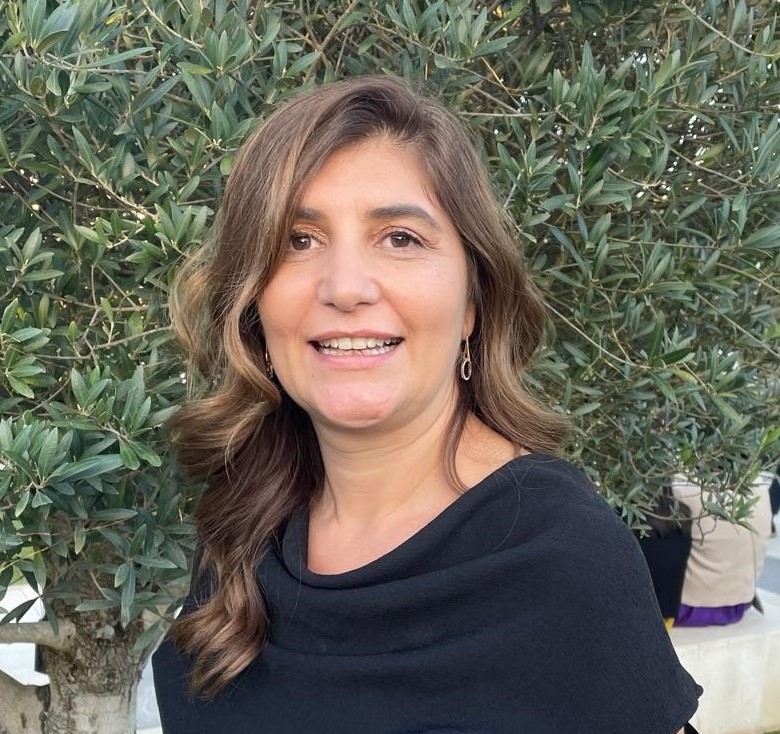
Teresa Carvalho is a Full Professor at the Department of Social, Political, and Territorial Sciences at the University of Aveiro and a senior researcher at CIPES (Center for Research in Higher Education Policies), where she is also a board member. Additionally, she is the Director of the PhD program in Public Policies and Vice-Director of the Master’s Degree in Administration and Public Policies at the University of Aveiro.
From 2016 to 2021, she served on the Executive Committee of the European Sociological Association (ESA) as Chair of the RN Council. Previously, she chaired the ESA Research Network on Professions (RN19) and was a member of the Executive Board of the International Sociological Association (ISA) Research Committee on Professional Groups (RC52) from 2013 to 2017. Since 2017, she has been a member of the Advisory Board of RN19 and is also part of the Advisory Board of the Portuguese Sociological Association (APS). She was one of the founding members of the Women in Higher Education Management (WHEM) research network.
Her research focuses on Public Policies in Higher Education, particularly on the redefinition of academics’ professionalization and professionalism processes. She has a strong interest in gender dynamics within organizations and the internal structuring of professional groups in academia. Her work is situated in the fields of New Public Management, Managerialism, the Sociology of Professions, and Gender Studies. Methodologically, she employs both quantitative and qualitative approaches, with a comparative perspective that includes various professions (notably academics, doctors, and nurses) and different geographical contexts, as demonstrated in international projects such as CAP (Changes in Academic Profession) and APIKS (Academic Profession in Knowledge-based Society).
She is a member of the Editorial Board of several international peer-reviewed and indexed journals, including Minerva, Professions and Professionalism, Tertiary Education and Management (TEAM), and Higher Education Governance and Policy. She regularly serves as a reviewer for national and international scientific journals and has been invited as an expert evaluator for national and European research projects and organizations. She has been a member of the Consortium of Higher Education Researchers (CHER) since 2003.
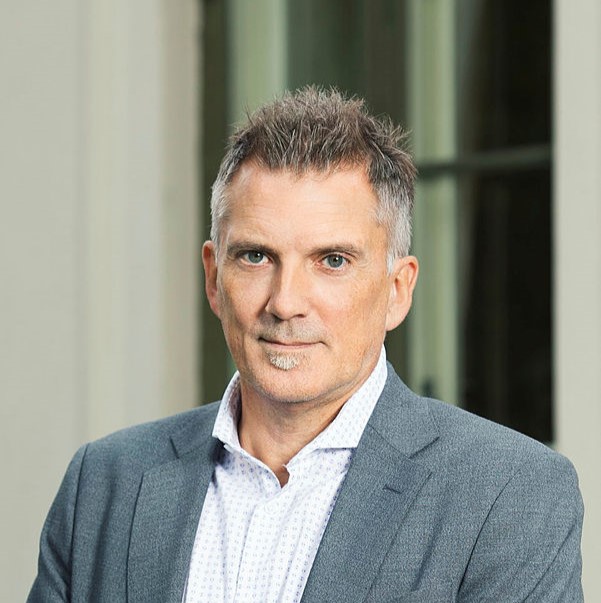
Bjørn Stensaker is a professor of higher education at University of Oslo, and also a research professor at NIFU – the Nordic Institute for Studies in Innovation, Research and Education in Oslo, Norway. Dr. Stensaker received his master degree in Political Science from the University of Oslo, and holds a PhD from the University of Twente (Cheps) in the Netherlands. He is the past president of EAIR – The European Higher Education Society, and has also served at a number of executive and strategic advisory boards in universities and national agencies internationally.
Dr. Stensaker has a special interest in studies of governance, leadership and change in higher education – in the Nordic region, in Europe and beyond. His research include studies of policy reform processes at national and supranational levels, strategic transformation attempts at institutional level, and the spread and implementation of various forms of quality assurance globally – and how such initiatives have impacted the fabric and functioning of higher education. Dr. Stensaker has published extensively on these and related topics in a range of journals and books. Selected recent publications include: Maassen, P., Stensaker, B. & Rosso, A. (2023). The European university alliances—an examination of organizational potentials and perils. Higher Education, 86, 953–968, and Woelert, P. & Stensaker, B. (2024). Strategic Bureaucracy: The Convergence of Bureaucratic and Strategic Management Logics in the Organizational Restructuring of Universities. Minerva 63, 1–21.
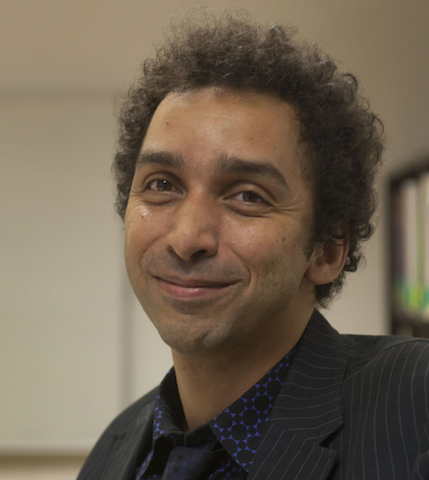
Stéphan Vincent-Lancrin is Deputy Head of the Centre for Educational Research and Innovation (CERI) and a Senior Analyst at the Organisation for Economic Co-operation and Development (OECD), where he leads work on digitalization in education (“Smart data and digital technology in education: AI, learning analytics and beyond”), on education during the covid-19 crisis as well as a large international practice-engaged innovation project in 24 countries on “Fostering and Assessing Creativity and Critical Thinking in Education”. His work has focused on innovation at all levels of education and on higher education, looking at how to support innovation-friendly ecosystems in education, how to drive change and adapt to innovation, and studying specific innovations.
His recent reports include the OECD Digital Education Outlook 2021: Pushing the Frontiers with AI, Blockchain and Robots and OECD Digital Education Outlook 2023: Towards an effective digital education ecosystem (2023), Fostering Students’ Creativity and Critical Thinking: What it Means in School (2019), Measuring Innovation in Education 2023: Tools and Methods for Data-driven Improvement (2023) as well as Schooling during a pandemic (2021) and How Learning Continued during the COVID-19 Pandemic (2022).
He is a Marie Curie Fellow, a 2007 Fulbright New Century Scholar, a 2023-24 residential fellow at Stanford University’s Center for Advanced Study in the Behavioral Sciences (CASBS) and received awards for his work from the US National Association of Assessment Directors and from the International Center for Innovation in Education. He holds a PhD in economics, a master’s in philosophy and a grande école diploma (Ecole Supérieure de Commerce de Paris).
